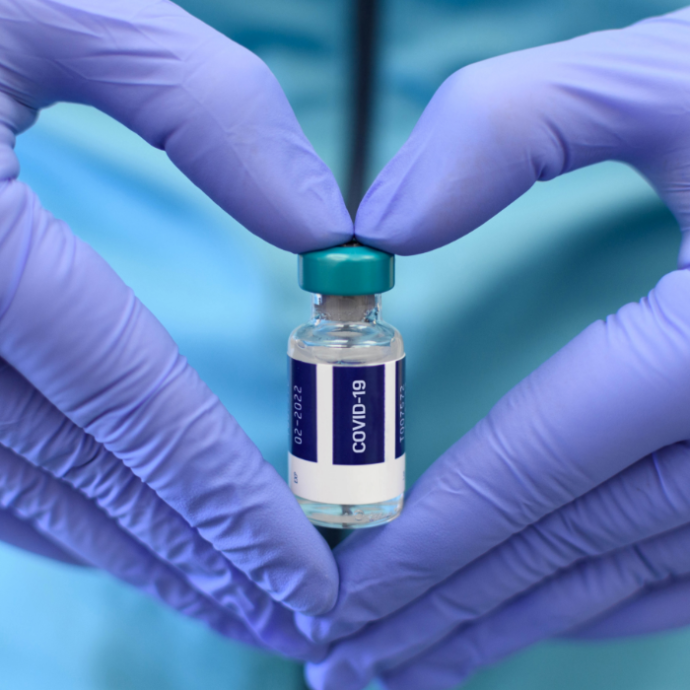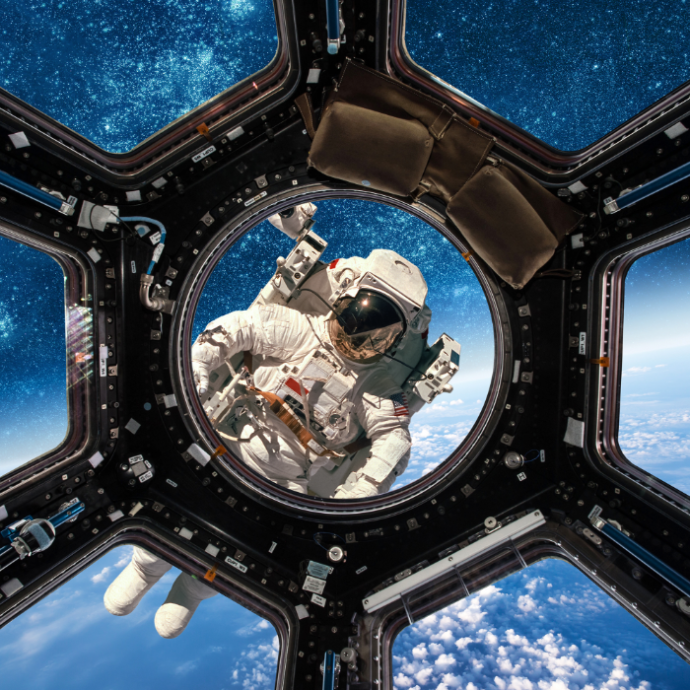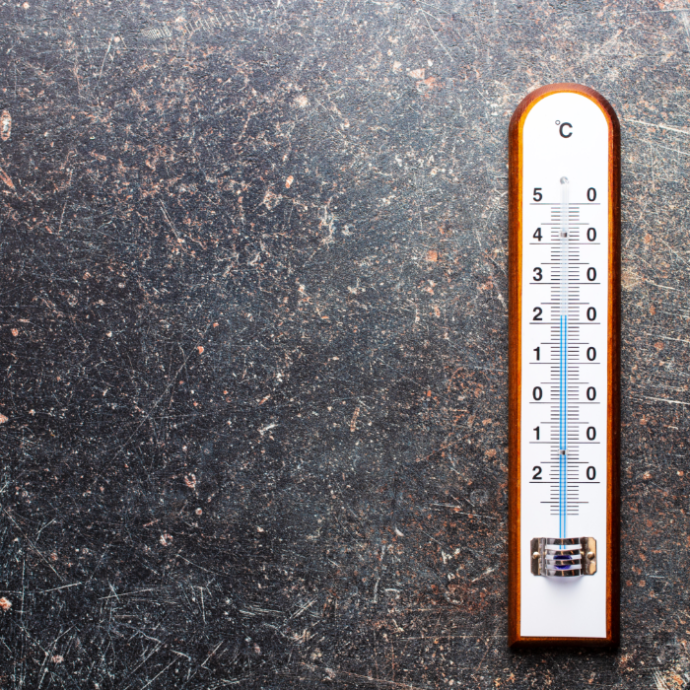Today, we can go to brunch with friends, small talk with our coworkers, and hug our grandparents again.
But in March 2020, it felt like the world stopped.
A big reason we’re back on track? One trailblazing scientist who never stopped believing in her work.

Meet Katalin Karikó
Sixty-six year old Katalin Karikó (known as ‘Kati’ to friends and colleagues) is one of the heroes of the COVID-19 vaccine efforts. This Hungarian biochemist spent decades of her career researching the possibilities of mRNA.
She’s the story of perseverance. Throughout her career, she suffered multiple setbacks: including job losses, funding cuts, self-doubt and a move to a new country. Most of all, she was told time after time that her ideas were not worth investing in.
But through it all, she stood by her conviction that mRNA could be used for something truly groundbreaking.
And then, the pandemic hit.
Finally, after 40 years of hard work, her unwavering belief in mRNA was validated.
Today, mRNA works as the basis of many COVID-19 vaccines, and her research helped pave the way for the vaccines many of us have received already.
And her research has also opened the door for a new generation of medicines, with some saying the vaccine revolution is just beginning.

Meet Mae Jemison: Astronaut & Aerospace Engineer
If you don’t know the name Mae Jemison, you absolutely should. She is an American engineer, physician and former NASA astronaut, who became the first Black woman to travel to space when she served as a mission specialist aboard the Space Shuttle Endeavour.
A brilliant and determined student, she received a scholarship to attend Stanford University at the age of 16, where she received degrees in chemical engineering and African and African-American Studies. Next, she obtained her medical degree, working as a general practitioner and spending several years in the Peace Corps in West Africa.
After leaving NASA, she founded a non-profit foundation in honour of her mother, and acts as a science ambassador who is passionate about making sure science and technology is accessible to all, and that young women are empowered to pursue degrees in STEM.

Meet Marie Curie: The first double Nobel laureate
Meet Marie Curie: The first double Nobel laureate
We all read the name Marie Curie in our high school science textbooks, but today we encourage you to take a moment to reflect on this woman and her groundbreaking work on radioactivity.
Marie Curie is remembered for the discovery of polonium and radium, and for the discovery of radioactivity, making her the first person to win the Nobel Prize in two different fields.
The youngest of five, she was born in Poland in 1867, and worked odd, part-time jobs from a young age to be able to afford a formal education. Tragically, shse died of leukaemia caused by prolonged exposure to high-energy radiation, quite literally giving her life to science.
We want to stop and celebrate trailblazing women and girls in science, like Kati, the best way we know how. By making science more accessible to everyone - with the Women in Science Sale.




